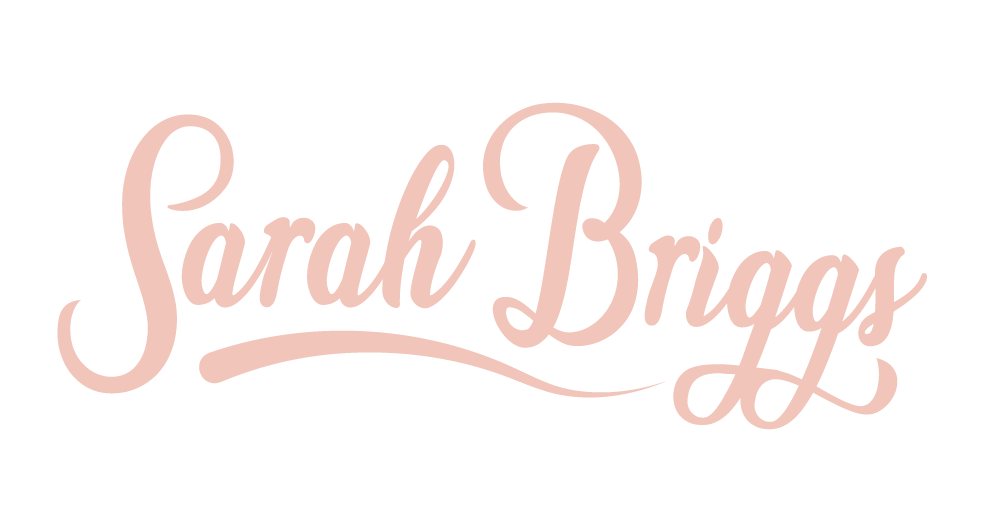
Trauma therapy
Trauma can be described as emotionally unresolved experience(s) triggering a destabilising effect on the present.
Common trauma symptoms are:
Flashbacks, nightmares, disturbing imagery
Being constantly on alert and a watchful sense of feeling threatened
Avoiding triggers which can reduce enjoyment and participation in regular activity
Anxiety and depression caused by the trauma
Inter-personal problems in relationships or at work
Lack of enjoyment in life, fear or hopelessness for the future
Many people will experience trauma at some time in their life, and some of those may go on to develop trauma symptoms, usually diagnosed as PTSD. My view is that everyone has suffered trauma to a certain degree. Factors affecting whether someone will have prolonged trauma symptoms can vary greatly. Estimates from research suggest that up to 20% of people may go on to develop PTSD symptoms (Briere & Scott, 2015).
Regardless of whether a person meets the full characteristics for PTSD, many people have lived through or survived situations that might be classed as traumatic, such as:
distress during childhood,
family problems,
bereavement,
accidents at work or while driving,
medical conditions or surgical procedures
abusive relationships
sexual situations such as child sex abuse or rape or assault or coercion
The good news is that many people can find relief from trauma symptoms affecting their daily life. Sarah follows a systematic approach to understand and assess each client’s history and current difficulties. Then a therapy plan is developed, using evidence-based techniques for dealing with these past experiences. First, this plan helps to gain better management of emotional distress giving a better sense of control and manageability. Secondly, there’s the option to process traumatic memories in a tolerable way and file them away so they aren’t so disruptive on a day-to-day basis. Thirdly, it’s possible to look to the future with greater confidence and positivity. Things will have changed because of the past trauma, but life will still have possibility along with the sadness or realisation that comes from putting it into a more supportive perspective.
Trauma therapy usually involves learning tips and techniques to manage the disturbing mind-body effects of trauma. It is also useful to use imagery rescripting for processing intrusive memories such as flashbacks or nightmares, along with cognitive approaches to restructure memories and beliefs: all so that the survivor is better informed and resourced to live with the effect of the trauma, moving towards a future that is more manageable and calmer.
Traumatology credentials
In line with best practice guidelines for psycho-traumatology, Sarah has trained in a range of approaches to treating trauma, including the evidence-based protocol of EMDR (Eye Movement Desensitization Reprocessing), and CPT (Cognitive Processing Therapy) which falls within NICE guidelines for Trauma-Focused CBT (Cognitive Behavioural Therapy). She has also undertaken training in BEPP (Brief Eclectic Psychotherapy for PTSD). She has received training in assessing and diagnostics for trauma, PTSD, and complex PTSD.
-
Importantly for symptomatic relief as a first stage in trauma treatment, Sarah is trained in emotional regulation and stabilisation of symptoms such as flashbacks or panic attacks, called STAIR (Skills Training in Affect and Interpersonal Regulation). Sarah is also trained to Level 2 in EFT and to Level 4 in EMDR.
Sarah’s combined training was delivered by some of the world’s leading trauma experts:
Babette Rothschild
Dr Janina Fisher
Bessel van der Kolk MD
Professor Berthold Gersons
Dr Daniel Siegel
Christine Courtois
Christiane Sanderson
Pat Ogden
Sarah is a member of these professional trauma associations: UK Psychological Trauma Society (UKPTS) and the European Society for Traumatic Stress Studies (ESTSS). She is also a Certified Clinical Trauma Professional under the membership of IATP (International Association of Trauma Professionals).
For therapy funded by private health insurance, Sarah is registered with many providers including Allianz, Aviva 600067240, AXA PPP SB07268, BUPA 30003277, Cigna 133418, Vitality/PruHealth/Standard Life SP073548, and WPA 920334556. Sarah is listed on HealthCode’s Private Practice Register. Sarah has also been instructed by solicitors acting for clients in personal injury claims, and trauma therapy treatment funded by employers to support the client in returning to work. Depending on the circumstances or the severity of symptoms, it can also be helpful to work alongside other medical professionals such as a GP or psychiatrist, for a multi-disciplinary approach to client care.
Trauma therapy experience:
Sarah has a wide range of working therapeutically with trauma survivors, including:
childhood sexual abuse,
rape and sexual assault,
developmental trauma (childhood emotional neglect or abuse),
trauma, PTSD, and Complex PTSD,
military veterans and serving members of the armed forces (Sarah has provided therapy programmes funded by Walking With The Wounded, Help 4 Heroes, Dare To Live Trust),
serving members of the armed forces or emergency first-responders or statutory services.
-
Sarah has undertaken therapy programmes either privately-funded or through Employee Assistance Programmes including private health insurance schemes for employees of the Metropolitan Police Service, Wiltshire Fire Service, Wiltshire Police, Gloucestershire Police, Wiltshire Council.
She was also invited by one of her former clients to contribute a chapter to his book describing his recovery journey from ritual childhood sexual abuse during his childhood. In this book, Matt Carey narrates his long and courageous journey through recovery towards helping others. To download this chapter, please click here which will take you to Matt Carey’s website www.mattcareybooks.com where you can support him by purchasing the full book through this route.
Usually where a trauma background is presented by a client for therapy, a full assessment is undertaken including completion of some questionnaires to measure current symptoms. Then in discussion with the client, a trauma treatment plan is developed for further sessions. The assessment process usually requires 2 appointments.
Get in touch
If you are interested in talking to me about working together, then please do get in touch.



